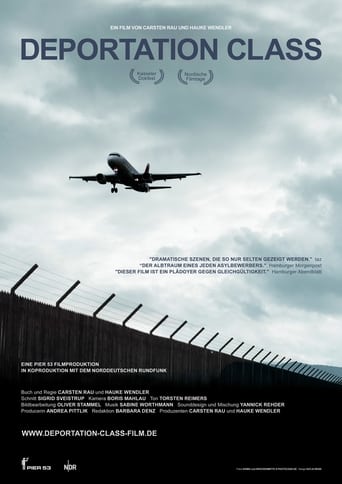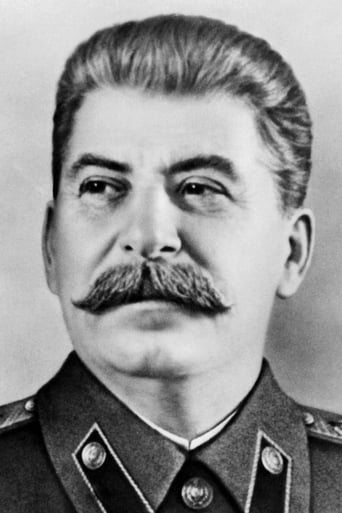Best Albanian documentary movies
A curated collection of popular documentary movies from Albania.
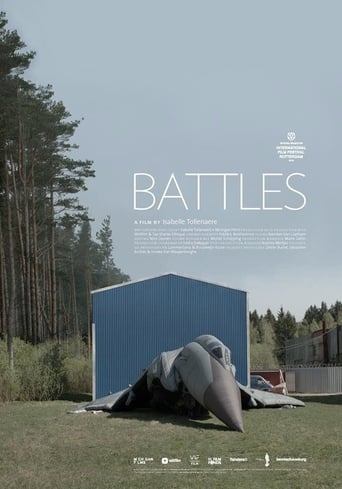
Battles (2015)
Battles (2015)
How do Europeans deal with their recent dark history (the wars, dictatorships and occupations)? What traces are etched?
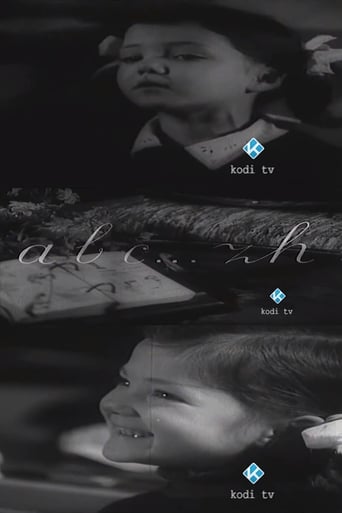
A, B, C... Z (1971)
A, B, C... Z (1971)
Children get ready to start the first grade. They start learning the first letters.

The Silence of the Banana Trees (2022)
The Silence of the Banana Trees (2022)
A father finds refuge in memories created together with his daughter, who has been stricken with an illness. She has decided to keep her distance from him and they have not spoken for years. The film encourages her to reconsider her decision.

Freeports: The Beauty Of Tax Free Storage (2021)
Freeports: The Beauty Of Tax Free Storage (2021)
Documentary that exposes the secret world of these unknown tax havens. There is a global network of tax-free storage facilities valuable goods, catering to the super rich - and it's virtually unknown, until now. Freeports feature highest security levels, confidential record keeping and an offshore legal status and are a huge potential for tax savings. The film investigates their rise, who is using them, and why.
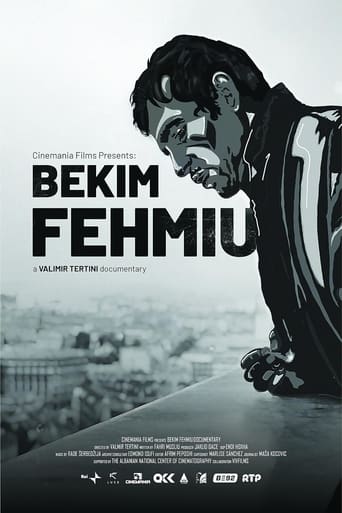
Bekim Fehmiu (2023)
Bekim Fehmiu (2023)
Bekim Fehmiu was the first Eastern European actor to star in Hollywood during the Cold War, and he was one of the internationally best-known actors.

Otranto (2020)
Otranto (2020)
Four female voices interweave a polyphonic narration of the tragic story of “Katër i Radës,” the boat that sank in 1997 due to the naval blockade imposed by the Italian government on migration flows from Albania. The relatives of the victims that were amongst the first to die, in their attempt to cross the borders of “Fortress Europe,” sail along the Strait of Otranto following the route of the doomed ship only to pose the questions ignored by the media and the judicial authorities.
Interview (1998)
Interview (1998)
Intervista seeks to deal in microcosm with the issue of how Albanian communist-era elites have sought to justify their roles in the now-discredited regime that ruled the country for nearly half a century. This brief film offers some poignant vignettes of contemporary life in Albania... [and] also underscores the reluctance of Albania's former Communist elite to confront its past. Both the quality of its content and its length make Intervista a potentially valuable instructional resource
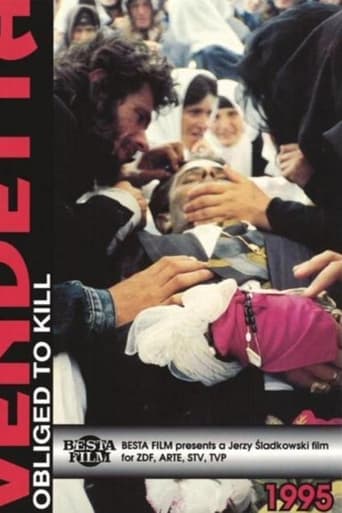
Vendetta - Obliged to kill (1996)
Vendetta - Obliged to kill (1996)
A dramatic depiction of honor, family feuds and thousand-year-old traditions. In Albania, the tradition of avenging an injustice according to the motto "an eye for an eye, a tooth for a tooth" still lives on. This has led to people being trapped in their homes for fear of being murdered due to a family feud.
Migjeni (1961)
Migjeni (1961)
Documentary about the Albanian writer.
Ping Pong (1971)
Ping Pong (1971)
In the 1960s after Albania's break with the Soviet Union, the country became an unlikely satellite of communist China (Newsweek referred to the alliance as ‘Mediterranean Maoists’). Enver Hoxha called the bond between the two countries the ‘coming together of the 702 million’, China being the 700 million, Albania representing the two. In exchange for its chrome exports and introducing the 1971 resolution that got China into the United Nations, Albania received sustaining economic and military support. This short documentary focuses on the Chinese table tennis team’s friendship visit, which soon began to sour after US president Richard Nixon visited Beijing.
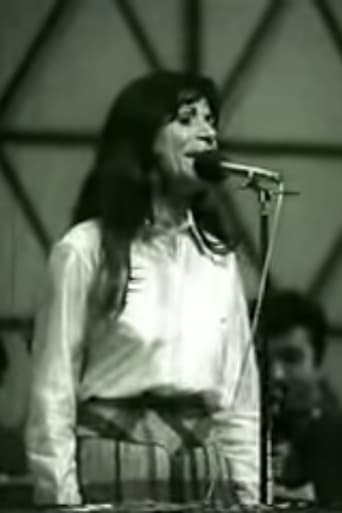
In the 11th Festival of Song (1971)
In the 11th Festival of Song (1971)
No one knows why for certain, but from 1968 to 1973 communist Albania enjoyed a brief liberalisation in the arts. Banned books and Beatles records changed hands. Albania’s Nobel-nominated novelist Ismail Kadare wrote two of his most famed masterpieces, Kështjella (The Castle) (1970) and Kronikë në gur (Chronicle in Stone) (1971) during this period. The rock'n'roll and jazz arrangements featured in this concert documentary were the pretext that brought about the end to the artistic thaw. Several performers seen in the festival were sent to prison or internal exile. The portly, smiling music conductor, Gasper Çurçia, was later accused of forging bus tickets and executed.

Vangjush Mio (1966)
Vangjush Mio (1966)
Documentary about the Albanian impressionist painter Vangjush Mio.
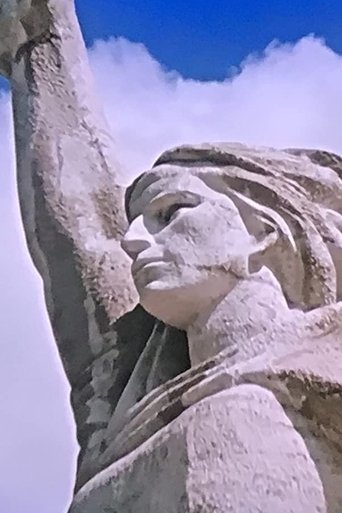
Eternity (1973)
Eternity (1973)
Can heartbeats be “reactionary”? Yes, if they are the only sonic element on a montage-heavy documentary about the war dead. Made just before Enver Hoxha’s cultural purges in 1974, Dhimitër Anagnosti’s formalist, wonderfully edited affair will finally premiere in a restored version after its completion forty-two years ago.

Ndre Mjeda (1966)
Ndre Mjeda (1966)
Documentary about the famous Albanian poet
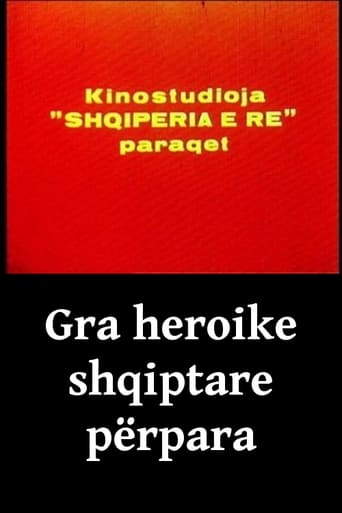
Albanian Heroic Women (1967)
Albanian Heroic Women (1967)
Documentary about Congres VI of the Women's Union.
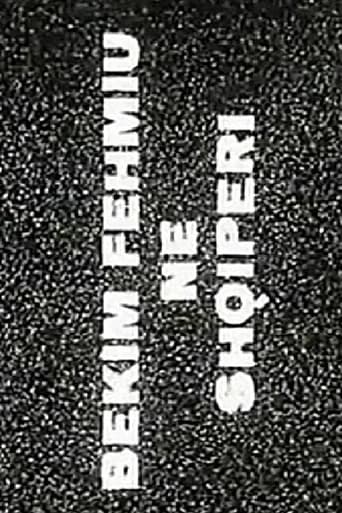
Bekim Fehmiu Visits Albania (1972)
Bekim Fehmiu Visits Albania (1972)
Albania and neighboring Yugoslavia officially broke ties in 1948. But in 1971, the Hoxha regime was honored to welcome the ethnic Albanian actor Bekim Fehmiu (1936-2010), at the time an international star in Yugoslav theater and film. Before his trip to Albania, Fehmiu had appeared in the popular Italian television smash The Odyssey (1968) and the Cannes-winning I Even Met Happy Gypsies (1967). Dokufest will also feature a photo exhibit of recently-discovered still images taken during Bekim Fehmiu’s Albanian visit.
The Man Who Loves Gary Lineker (1991)
The Man Who Loves Gary Lineker (1991)
Follows rural GP Dr Ylli Hasani who risked imprisonment in totalitarian Albania by listening to the BBC World Service to keep up to date with world events, especially English football.
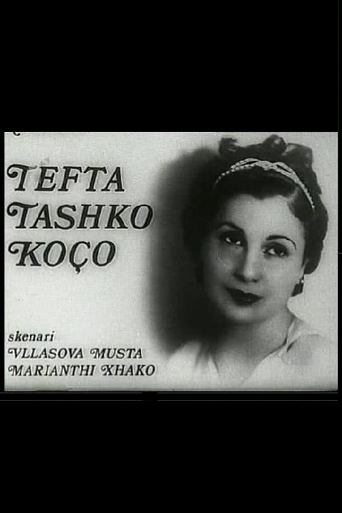
Tefta Tashko Koco Sings (1973)
Tefta Tashko Koco Sings (1973)
Documentary about the soprano Tefta Tashko Koço. It uses only photographs of her, as well as short interviews with various friends of her. Although the audio is not perfect, you can enjoy many fragments from her songs.
Aleksandër Moisiu (1960)
Aleksandër Moisiu (1960)
Aleksandër Moisiu, or Alexander Moissi or perhaps Alessandro Moissi (1879-1935) was an Albanian born stage and screen actor who performed all over the world. He was an actor with subtle resonances, effectively touching the tragic characters, establishing himself in those with the most intimate and delicate notes. Streets are named after Alexander Moissi in Berlin, Salzburg and Vienna, where also a monument was unveiled in 2005.
